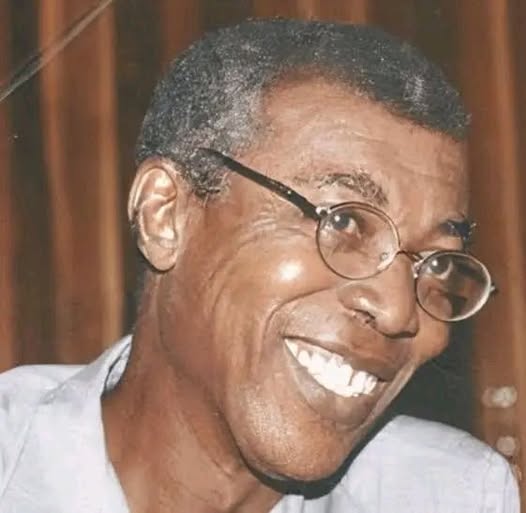Born on August 2, 1940, Beko Ransome-Kuti was a Nigerian physician, human rights activist, and pro-democracy advocate whose life was defined by his fearless commitment to justice and human freedom. He was the younger brother of Afrobeat legend Fela Anikulapo-Kuti and educator Olikoye Ransome-Kuti, making the Ransome-Kuti family one of Nigeria’s most influential households in activism, culture, and public service.
Early Life and Education
Beko was born in Abeokuta, Ogun State, into the famous Ransome-Kuti family, known for its deep legacy of resistance and service. His mother, Funmilayo Ransome-Kuti, was one of Nigeria’s foremost women’s rights activists and a nationalist figure, while his father, Reverend Israel Oludotun Ransome-Kuti, was an Anglican priest and educationist.
Beko attended Abeokuta Grammar School before proceeding to study medicine at the University of Manchester in the United Kingdom, where he qualified as a physician. His medical training shaped his career, but his family’s tradition of activism strongly influenced his worldview.
Career in Medicine
On returning to Nigeria, Beko established himself as a medical doctor in Lagos. He was known not only for his competence but also for his compassion toward patients, often treating those who could not afford medical care. Beyond medicine, however, he quickly became immersed in the political currents of post-colonial Nigeria.
Human Rights Activism
Beko Ransome-Kuti became one of Nigeria’s most outspoken human rights defenders. He was a founding member and later chairman of the Campaign for Democracy (CD), a coalition of civil society organizations formed in the early 1990s to resist military rule.
During General Ibrahim Babangida’s regime, and later under General Sani Abacha’s dictatorship, Beko was a central voice in mobilizing Nigerians against military excesses. He played a critical role in advocating for the recognition of Chief Moshood Abiola’s June 12, 1993, presidential election victory, widely regarded as the freest and fairest election in Nigeria’s history but annulled by the military.
His activism led to repeated arrests and detentions by military governments. Beko was imprisoned several times, enduring harsh conditions, including solitary confinement. Yet, these challenges did not deter his commitment to democracy and justice.
Connection to the Ransome-Kuti Legacy
Beko’s activism mirrored the radical spirit of his brother Fela Anikulapo-Kuti, the Afrobeat pioneer who used music as a weapon against tyranny. While Fela resisted through art and culture, Beko fought on the frontlines of political and civil rights activism. Their mother, Funmilayo, had earlier resisted colonial policies, cementing the family as one of Nigeria’s greatest symbols of resistance.
Later Years and Death
Following Nigeria’s return to civilian rule in 1999, Beko remained a vocal critic of government corruption, mismanagement, and abuse of power. He continued to advocate for better healthcare, democracy, and transparency until his death.
Beko Ransome-Kuti passed away on February 10, 2006, after a long battle with lung cancer. His death was mourned across Nigeria and beyond, with tributes pouring in for his lifelong dedication to justice and the oppressed.
Legacy
Beko’s life remains a testament to courage in the face of oppression. His activism contributed significantly to the eventual end of military dictatorship in Nigeria and the entrenchment of democratic governance. He is remembered as a symbol of resistance, integrity, and compassion, bridging the worlds of medicine and political activism.
Today, Beko Ransome-Kuti’s name continues to inspire civil rights movements in Nigeria, reinforcing the power of ordinary citizens to challenge injustice and transform society.
FOLLOW US ON:
FACEBOOK
TWITTER
PINTEREST
TIKTOK
YOUTUBE
LINKEDIN
TUMBLR
INSTAGRAM































